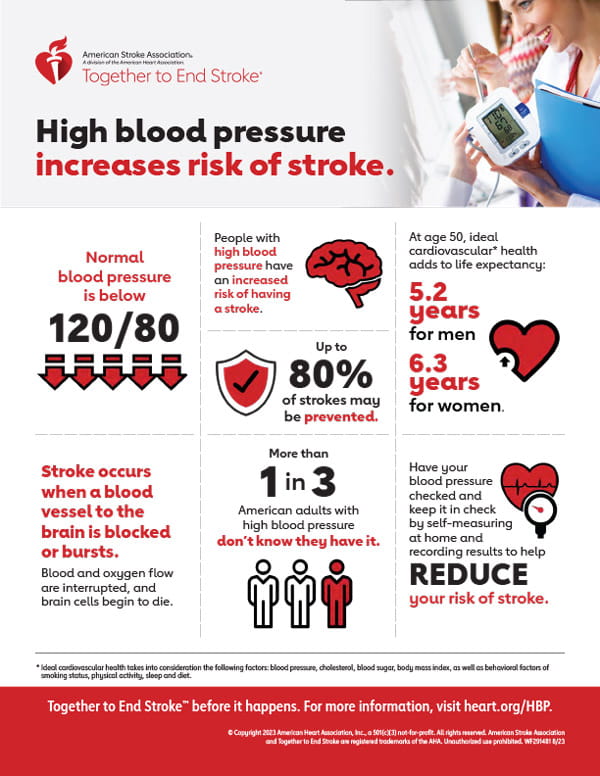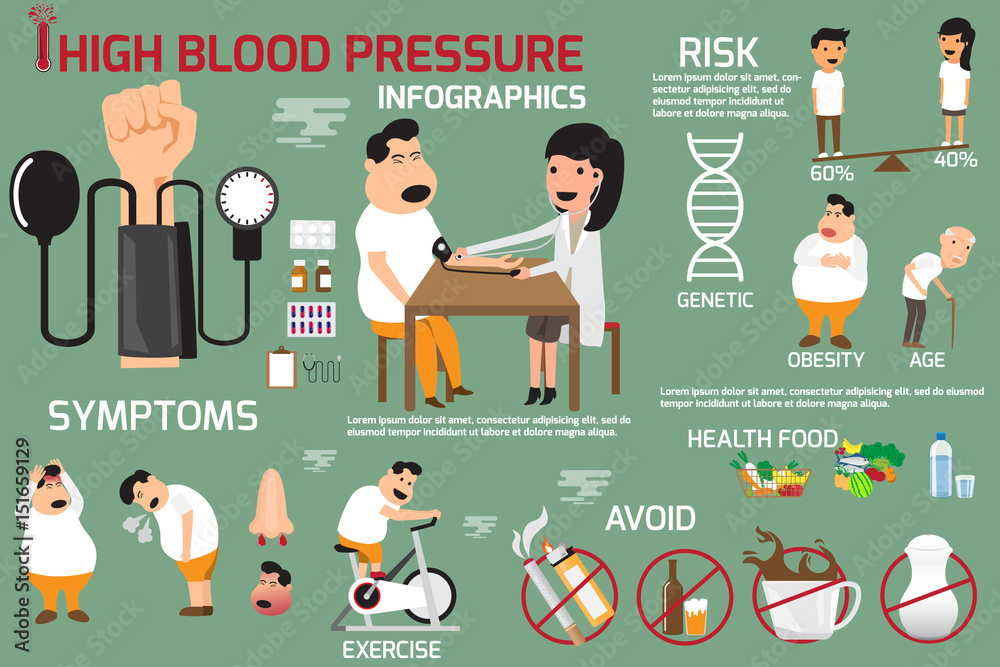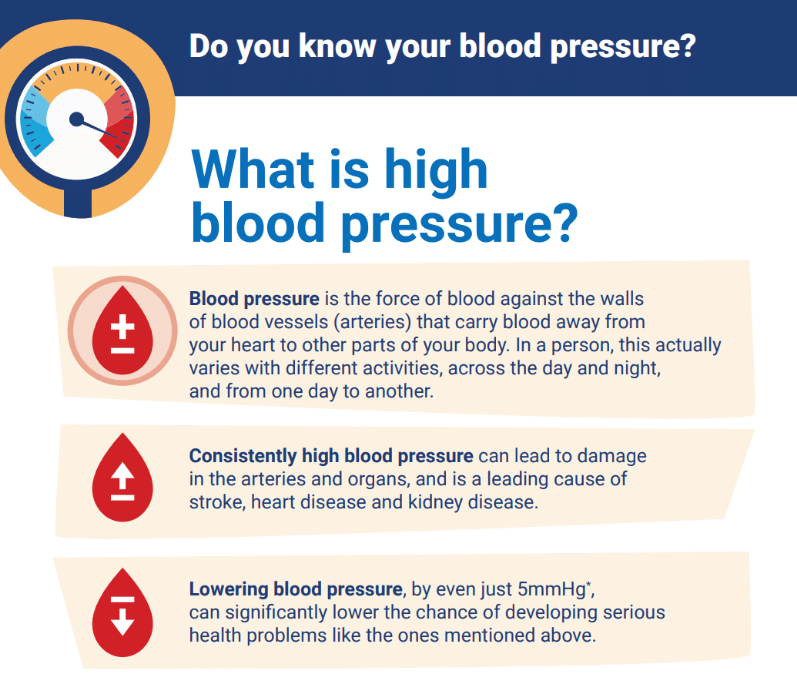Unveiling the silent killer: delve into the mysterious reasons behind high blood pressure to protect your health for good.
Table of Contents
- Introduction: The Scoop on High Blood Pressure
- The Heart: Our Body’s Pumping Machine
- The Vessels: Roads for Our Blood
- Unhealthy Helpers: Cholesterol’s Role
- Under Pressure: Causes of High Blood Pressure
- Extra Weight on the Scale: Obesity and Blood Pressure
- Moving and Grooving: Exercise and Blood Pressure
- Relaxation Station: Stress and Blood Pressure
- The Daily Fuel: Diet’s Role in Blood Pressure
- Fun Facts About Blood Pressure
- Conclusion: Keeping a Lid on Pressure
- FAQs: Questions You Might Be Pondering
Introduction: The Scoop on High Blood Pressure
Hey there, curious minds! Today, we’re diving into a topic that might sound a bit scary but is super important to understand: high blood pressure. So, what exactly is high blood pressure, and why should we bother learning about it?
High blood pressure, also known as hypertension, is when the force of blood pushing against the walls of our blood vessels is consistently too high. It’s crucial to know about because if left untreated, it can lead to serious health issues like heart disease, stroke, and kidney problems. Yikes!
But don’t worry, we’re here to break it down in a simple and easy-to-understand way. Let’s explore what high blood pressure is all about and why maintaining good blood pressure levels is essential for staying healthy and happy.
The Heart: Our Body’s Pumping Machine
In our bodies, the heart is like a superhero, beating without us even needing to think about it. It’s a muscle that never takes a break, working tirelessly to keep us alive and healthy.
How the Heart Pumps Blood
Imagine the heart as a pump that pushes blood through our bodies, carrying oxygen and nutrients to all our organs and tissues. When the heart beats, it squeezes blood out to the rest of the body through blood vessels, like little highways inside us.
When the Pump Feels the Pressure
But sometimes, our body puts too much pressure on the heart by having high blood pressure. High blood pressure means the heart has to work extra hard to push blood through the veins, and this can cause problems like congestive heart failure, where the heart can’t pump efficiently anymore.
The Vessels: Roads for Our Blood
Our bodies are like a network of roads, but instead of cars, these roads carry something very important – our blood. Blood vessels are the highways inside us that transport blood to every part of our body. Just like how roads connect different places, blood vessels connect our heart to our organs, muscles, and tissues.

Image courtesy of www.stroke.org via Google Images
Explanation
When our heart beats, it pumps blood through these vessels to deliver oxygen and nutrients to our cells. It’s like a delivery service that ensures every part of our body gets what it needs to function properly. Without these blood vessels, our body wouldn’t be able to survive.
Unhealthy Helpers: Cholesterol’s Role
Cholesterol may sound like a big, complicated word, but it plays a pretty simple role in our bodies. Let’s break it down so you can understand why it’s important to know about when talking about high blood pressure.
LDL: The Bad Guy
LDL cholesterol is known as the “bad” cholesterol. Imagine it as a sneaky troublemaker that can cause problems if there’s too much of it in your body. When you have too much LDL cholesterol, it can start to build up in your blood vessels like sticky gunk, making it harder for blood to flow smoothly through your body. This buildup can lead to high blood pressure, which is not a good thing for your heart and overall health.
Under Pressure: Causes of High Blood Pressure
In this section, we will explore some of the factors that can lead to high blood pressure. Understanding these causes can help us make healthier choices to keep our blood pressure in check.

Image courtesy of stock.adobe.com via Google Images
Salt and Your Body
One major factor that can contribute to high blood pressure is salt. While our bodies need some salt to function properly, too much can cause problems. When we eat too much salt, our bodies retain water to dilute the extra salt in our bloodstream. This increase in fluid puts a strain on our blood vessels and can lead to high blood pressure.
Kidney Trouble
Our kidneys play an essential role in regulating blood pressure. If our kidneys are not functioning correctly, it can lead to an imbalance of fluids and salts in our bodies, which can result in high blood pressure. This is why it’s important to take care of our kidneys through a healthy diet and regular check-ups with a doctor.
Extra Weight on the Scale: Obesity and Blood Pressure
Being overweight can lead to a host of health issues, one of which is high blood pressure. When our bodies carry extra weight, it can bring about problems like fatty liver, which can contribute to raising our blood pressure.
Imagine your body is like a scale, with the weight on one side representing your body fat. If that side gets heavier and heavier, it can put extra strain on your organs, including your liver. This extra strain can lead to the buildup of fat in the liver, a condition known as fatty liver.
How Fatty Liver Affects Blood Pressure
When your liver becomes fatty, it doesn’t work as well as it should. This can disrupt the balance of hormones and chemicals in your body that help control your blood pressure. As a result, your blood pressure may start to rise, putting you at risk for other health problems in the long run.
Moving and Grooving: Exercise and Blood Pressure
Exercise is like a superhero for our bodies, especially when it comes to keeping our blood pressure in check. When we move and groove, our heart gets stronger, and our blood vessels stay healthy, which can help prevent high blood pressure.

Image courtesy of www.istockphoto.com via Google Images
Why Exercise is Awesome for Blood Pressure
When we exercise, our heart gets a workout too. It becomes stronger and more efficient at pumping blood throughout our body. This means it doesn’t have to work as hard to keep our blood pressure at a normal level.
How Much Exercise Do We Need?
Experts say that kids like us should aim for at least 60 minutes of physical activity every day. This doesn’t mean we have to run a marathon or lift heavy weights; it can be as simple as playing tag, riding a bike, or even dancing around your room.
Relaxation Station: Stress and Blood Pressure
Did you know that stress can affect your blood pressure? Let’s dive into how these two things are connected.
| Factor | Description |
|---|---|
| Age | As people get older, the chances of developing high blood pressure increase. |
| Family History | If family members have high blood pressure, you are more likely to develop it as well. |
| Diet | Consuming too much salt, unhealthy fats, and not enough fruits and vegetables can contribute to high blood pressure. |
| Obesity | Being overweight puts extra strain on the heart and can lead to high blood pressure. |
| Physical Inactivity | Not getting enough exercise can increase the risk of developing high blood pressure. |
Our Emotional Pressure Cooker
When we feel stressed, our bodies release hormones like adrenaline that can make our hearts beat faster and our blood pressure go up. Imagine feeling worried about a test at school or a big game – these feelings can put pressure on our bodies in a similar way.
The Domino Effect
Stress doesn’t just impact our minds; it can also have a physical effect on our bodies. High levels of stress can lead to poor sleep, unhealthy eating habits, and less exercise, all of which can contribute to high blood pressure.
Learning to manage stress by taking breaks, talking to someone you trust, or practicing relaxation techniques like deep breathing can help keep your blood pressure in check. Just like giving our bodies a break, giving our minds a break from stress is important for our overall health.
The Daily Fuel: Diet’s Role in Blood Pressure
When it comes to keeping our blood pressure in check, what we eat plays a crucial role. Certain foods can either raise or lower our blood pressure, making it important to understand the concept of a heart-healthy diet.

Image courtesy of www.freepik.com via Google Images
Choosing the Right Foods
Opting for a diet rich in fruits, vegetables, whole grains, and lean proteins can help lower blood pressure. These foods provide essential nutrients and fiber that support heart health and keep our blood pressure in check.
Limiting the Baddies
On the other hand, foods high in saturated fats, trans fats, and cholesterol can elevate blood pressure. These include fried foods, processed snacks, and fatty cuts of meat. It’s best to limit these items in our diet to maintain a healthy blood pressure level.
Watch Your Salt
Salt is another culprit that can raise blood pressure. The sodium in salt can cause our body to retain water, leading to an increase in blood pressure. Avoiding high-sodium foods like processed meals, canned soups, and salty snacks can help manage blood pressure.
By making mindful choices about what we eat, we can positively impact our blood pressure and overall heart health. Remember, a well-balanced diet filled with nutritious foods is like fuel for our bodies to function at their best!
Fun Facts About Blood Pressure
Did you know that your heart pumps about 2,000 gallons of blood every day? That’s like filling up 50 bathtubs!
Pressure Points
While most adults have blood pressure around 120/80 mmHg, did you know that elephants have blood pressure ranging from 140/90 mmHg to 160/100 mmHg? That’s why elephants have such strong hearts to pump blood through their huge bodies!
Heartbeats Galore
Your heart beats around 100,000 times each day – that’s a lot of work for such a small organ! Each time it beats, it pushes blood through your body, keeping you alive and healthy.
The Pulse of Life
When you’re at rest, your heart beats at around 60-100 beats per minute. But did you know that the fastest heart rate ever recorded was in a hummingbird at 1,260 beats per minute? That’s like a super-speedy race car!
Conclusion: Keeping a Lid on Pressure
In conclusion, it’s crucial to understand what high blood pressure is and how it can impact our bodies. By taking care of our hearts, blood vessels, and overall health, we can work towards maintaining healthy blood pressure levels. It’s important to keep a lid on pressure to prevent issues like congestive heart failure and other complications related to high blood pressure.

Image courtesy of www.hypertension.org.au via Google Images
Remember, our heart is a remarkable pumping machine that relies on the right balance of blood pressure to function properly. By staying active, eating well, and managing stress, we can support our hearts and keep them healthy. Additionally, being mindful of the effects of factors like cholesterol, kidney disease, and obesity on blood pressure can help us make better choices for our well-being.
By making lifestyle changes like incorporating regular exercise, reducing salt intake, and maintaining a balanced diet, we can work towards preventing high blood pressure and its associated risks. It’s never too early to start taking care of our hearts and overall health to live a long and healthy life.
FAQs: Questions You Might Be Pondering
What is high blood pressure exactly?
High blood pressure, also known as hypertension, is when the force of blood pushing against the walls of your blood vessels is consistently too high. It’s like when you blow up a balloon too much and it feels tight and about to burst. This extra pressure can strain your heart and blood vessels, leading to serious health problems if not managed.
Can kids get high blood pressure too?
Yes, kids can get high blood pressure, although it’s less common than in adults. Some kids might have high blood pressure due to certain medical conditions or lifestyle factors. It’s important for children to eat healthy, stay active, and visit the doctor regularly to keep an eye on their blood pressure levels.
What can I do to help keep my blood pressure normal?
To help keep your blood pressure normal, it’s essential to eat a balanced diet with lots of fruits and veggies, limit salty and sugary foods, and stay active by playing sports or games that get your heart pumping. Remember to stay hydrated, get enough sleep, and manage stress by talking to friends or doing activities you enjoy. By taking care of your body and making healthy choices, you can help keep your blood pressure in check.





